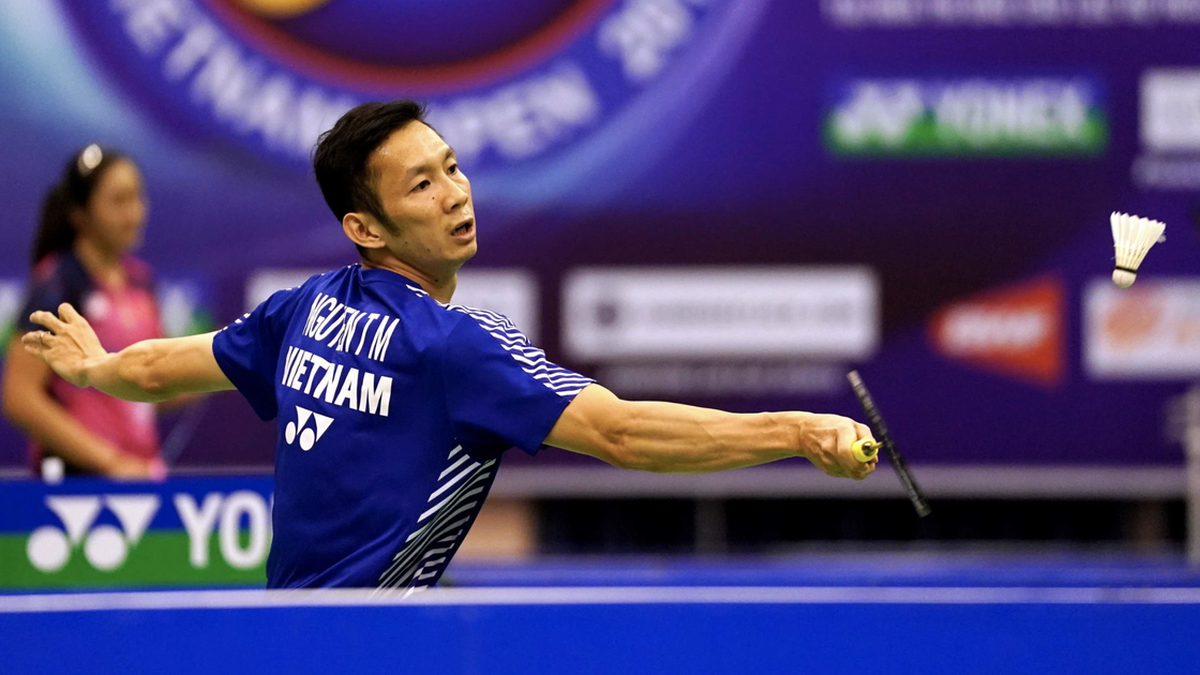“Hung Vuong Night” was held at 8:00 p.m. on April 15, 1970. More than 300 students attended. Under the light of hundreds of torches lit in the “pray for peace ” minute, Hue students enthusiastically performed newly composed songs against the American invasion war. Musician Trinh Cong Son taught students to sing his newly composed songs in the collection “We must see the sun”. The singing echoed in the night like the unshakable determination of Hue students against the enemy.
According to the History of the Hue Urban Movement 1954 - 1975 (Various authors), from the beginning of 1970, songs of struggle began to be popular in Hue. Musician Trinh Cong Son often stood side by side with students and implemented the program "Sing for Peace". This was the period when songs were born, such as "We Must Speak Peace", "Don't Expect Anyone to Be Suspicious", "We Must Live", "The Blood Drops Bloom" and songs in the collection "We Must See the Sun". These songs were hastily copied into several practice sheets for some of the brothers in the movement to sing with the musician in all the lecture halls of Hue University, Nam Giao residence, lecture hall C during sleepless nights, nights of burning hatred.
Through the movement, a number of faculties of Hue University and a number of high schools were also established. The most active was the Literature Student Art Troupe founded by student Nguyen Van Phung, Chairman of the Hue Literature Student Representative Board. The troupe organized many art performances in Hue and Da Nang . Besides the struggle songs, for the first time, poetic plays such as The Call of Lam Son by Tran Quang Long, Kieu Loan by Hoang Cam... were elaborately staged, causing a great impact on the patriotic spirit of students and compatriots.
Faced with the growth of the movement, the enemy intensified its repression and stifled democracy. That was the context that promoted the birth of songs denouncing the regime, expressing patriotism and a clear and strong determination to fight against foreign invaders. These were the main songs used in the Sing for My People movement. The compositions of musicians Ton That Lap, Tran Long An, Truong Quoc Khanh, Nguyen Phu Yen, etc. were quickly popularized among students and the people.
In May 1970, the Hue Student and Pupil Struggle Art Troupe was established by the Hue Student Representative Council. Initially, the troupe only gathered a number of core students and art nuclei to gather at the Hue Student Union to practice singing the fighting songs in the collection We Have Stand Up - Volume 1 published by the Saigon Student Union and the songs Resistance Song and Historical Song to sing during the times of fighting on the streets and sleepless nights.
In July 1970, the Southern Student Congress was held in Hue. The Hue Student and Pupil Struggle Art Troupe expanded its membership to include students from Hue University's faculties and a large number of students from high schools. Activities were also organized more regularly and rehearsed for complete programs with a variety of performances. In addition to the fighting songs, some performances were loved by many students, and were effective and artistically quality, affecting the feelings of students and the people.
It is worth mentioning that in the performances of the Sing for My People movement in Hue, during sleepless nights, hunger strikes... there were always poetry readings by poets Ngo Kha, Thai Ngoc San and student poets with fiery poems of struggle that strongly impacted the spirit and emotions of students and the People, improving the quality and effectiveness of the Sing for My People movement.
Source




















































![[Maritime News] More than 80% of global container shipping capacity is in the hands of MSC and major shipping alliances](https://vphoto.vietnam.vn/thumb/402x226/vietnam/resource/IMAGE/2025/7/16/6b4d586c984b4cbf8c5680352b9eaeb0)













































Comment (0)